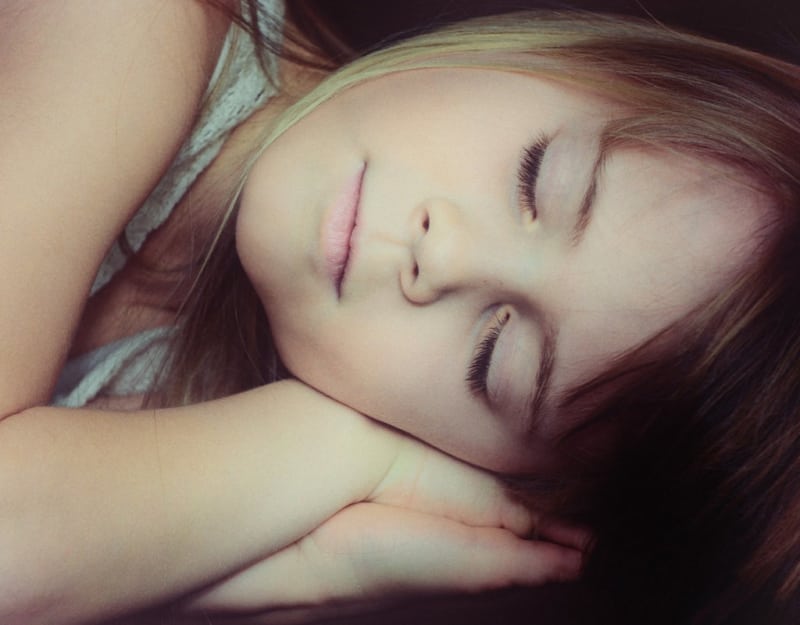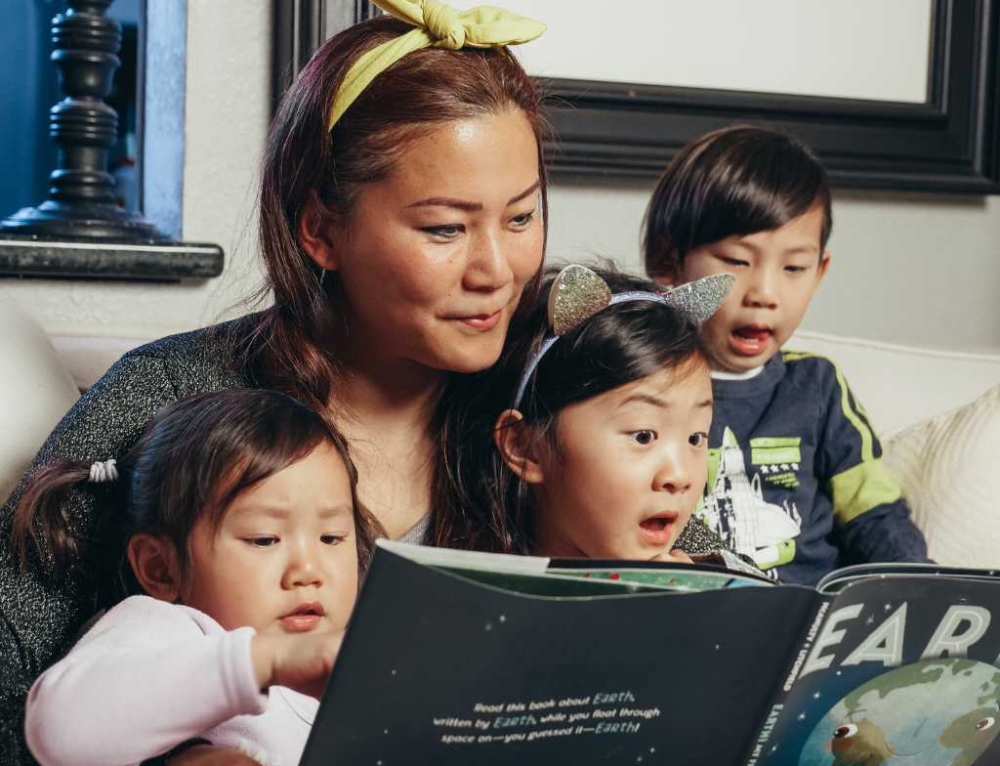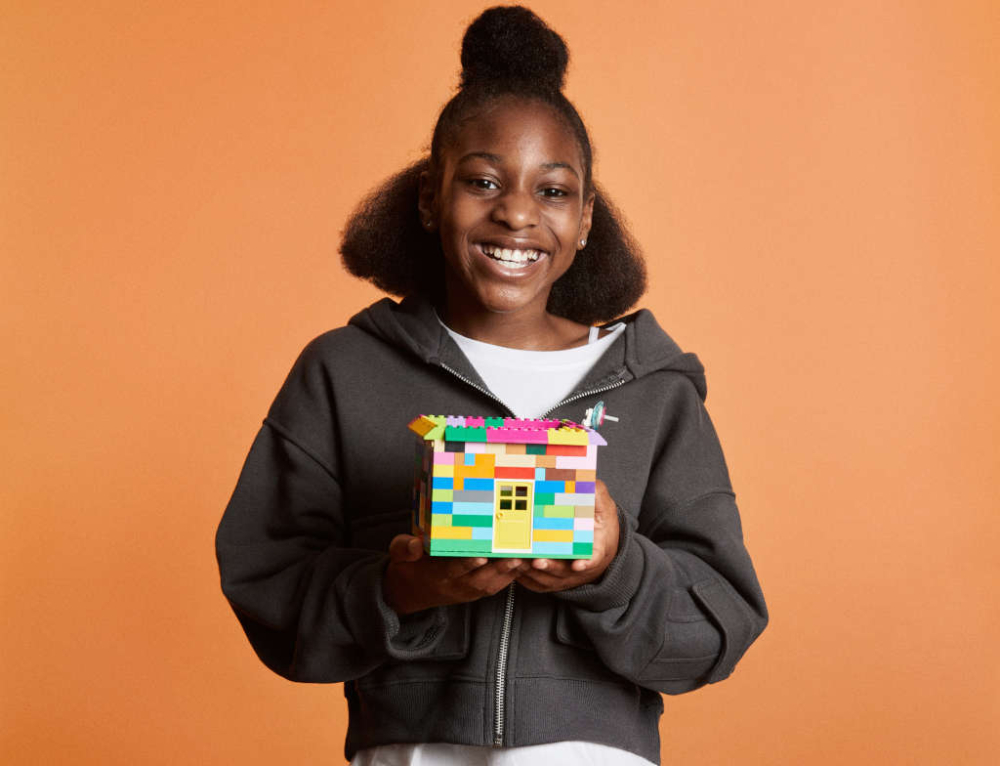Many kids struggle with finding a good sleep routine, either because they have too much pent-up energy or because they simply can’t shut their minds off when it’s time to go to bed.
Teens may have trouble getting good rest because they stay up too late, especially over the summer or when school is out, and wind up getting into a vicious cycle that ends with them sleeping too late in the day to be able to then get to bed at a reasonable hour. It’s important to help your child find a good rest routine, even in the school holidays, because not getting enough sleep does more than just create a cranky kiddo; it can have a major effect on their physical and mental health, as well.
Fortunately, finding ways to help your child get ready for bed at night doesn’t have to be a struggle. First, take a look at their current routine to find the issues that are causing restless nights; staying up too late, not exercising enough during the day, or spending too much time looking at a screen can all play a role in our rest cycles. Once you’ve identified the problem, you can look for a way to repair it and help your child have sweet dreams. Read more below for information on common issues with kids and their sleep routines.
Looking at a screen all day
Studies have shown in recent years that looking at a screen for too long – whether it’s a television, computer, or smartphone – can be detrimental to our sleep cycles. The blue light these devices emit can suppress melatonin production and alters the circadian rhythm, which helps us not only with sleep but also with our cardiovascular, immune, and metabolic systems. If you think this might be the problem for your child, enforce a “no-screens” rule for at least an hour before bedtime and monitor their use of devices during the day. If your child has a television in the bedroom, be cautious about allowing them to use it close to bedtime.
Not getting enough exercise
Many kids would rather sit inside the house and play video games than go out and play in the cold during winter or the hot sun in summertime, but getting outside and being active are two of the biggest factors in our ability to rest well, especially in summer, when the days are longer. Encourage your child to get outside and play, even if it’s just for half an hour. That time spent being active outdoors could translate to several hours of good sleep later on.
Not establishing a routine
For younger kids, routine can be everything. When it comes to bedtime, most kids do much better when they have a schedule they can rely on at bedtime. Whether it’s doing bathtime, then storytime, then brushing teeth, or simply making sure they get into bed at the same time every night, helping your child establish a routine will help them get into a healthy rhythm.
Sleeping with clutter
Sleeping in a room filled with clutter can have serious drawbacks, including a negative effect on our mental health. Even if your child isn’t paying attention to the clutter or mess in their room, it can have a subconscious effect that makes them feel anxious or out-of-control, which can trigger poor sleep. Help your child get organized by investing in storage bins for toys and a desk, and remove unwanted items every season to make room for new things. For some great tips on how to make your child’s room a stress-free zone, click here.
Helping your child get better sleep quality will have an effect on many parts of their life, from grades to mood, and will help to keep them healthy. Look for ways the family can get better rest, and make it a goal these school holidays for everyone to feel rested by the time school is back in session.
This article was written by Ashley Taylor from disabledparents.org.
Read more on Kidspot:








I think that most of these tips are also relevant for adults too, including a cluttered room with tvs, phones, computers etc.
I always make sure my kids are off electronics an hour before bed but there rooms are very cluttered, might have to have a add a daily clean up to their day and hopefully that might help them get more sleep and feel less anxious.
Oh man, the clutter thing really made me think. Both of my kids’ rooms are well cluttered. Maybe I should read this out to them later and see about what we can do to make their bedrooms more sleep friendly!
Screens are always a big factor. Even adults get so stoned looking at phones and can’t sleep at night. And thanks for the info on clutter. Never thought how it can affect sleep and gives a feeling of out of control. I have tend to leave my lil 3’s room as is when he left it with still a few toys around. Will try this tip and have ourselves organised before sleep.
What a great article we try and keep a good routine in bed at the same time every night and limit screen time and ensure they get out and about for a bike ride while we go for a walk. I never knew about clutter in bedrooms my daughters room always seems to be a mess so this is something I need to get her to work on more.
Really good tips – our 5 year old is pretty good with going to bed and routine etc, sometimes takes a while to get to sleep. Our issue is getting up too early!! She sometimes gets up at 5.45am! She does need to go to the bathroom though, but I always say, go back to bed for a bit until my alarm goes off – which is 6.30am that’s way early enough. I need to get one of those sleep clock things I’ve read about – from what I’ve read they work fairly well?
Wow!!! I did not know some of these things…like sleeping with clutter…my 11yr old always has a clittered messy room except Saturdays …this is clean up day haha…he doesnt have the best sleeps all thw rime and will iften come home from school exhasted ans go have a nap until tea time…i figred it was because he was hitting puberty, but perhaps not after teasing this….gives him amd I a chance to hit his room once and for all ans give it a good clear out….also going to be abit more strict with phone times close to bed time too now knowing about the blue light emitted from them now …very interesting and makes alot of sense.